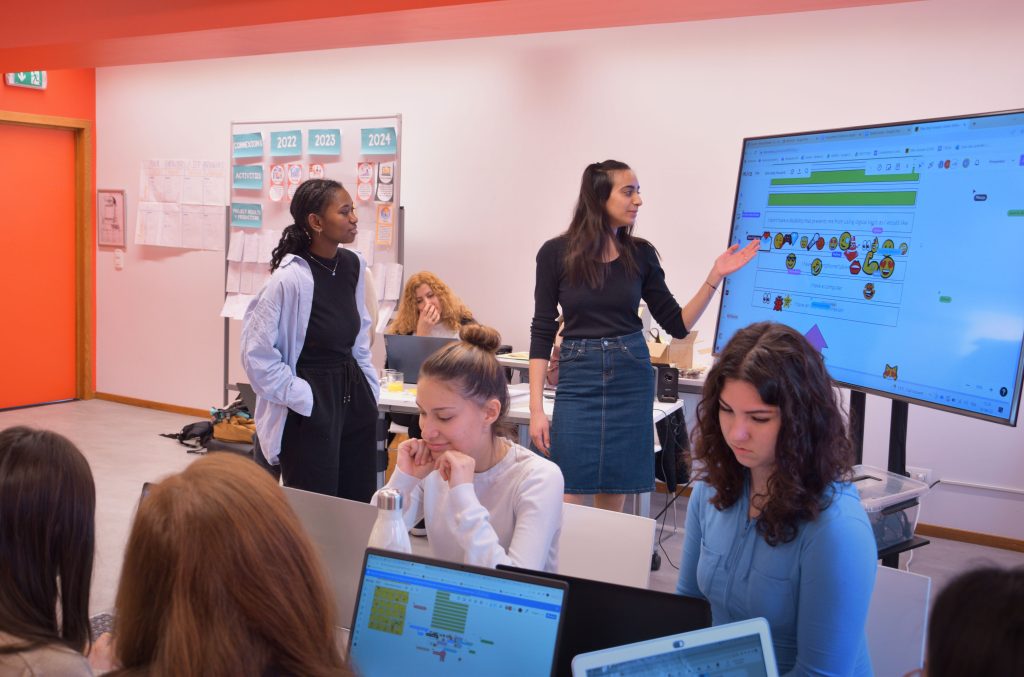- Belgium
« Knowledge of a culture allows it to be understood and therefore to be potentially loved and of interest. This acceptance seems much more beneficial and richer than locking oneself into what one already knows and turning in on oneself. »
Our approach for this study focuses on exploring the various perspectives of interculturality as perceived, experienced and shaped by different actors: be they scientists, politicians, civil society or, more specifically, young people and youth workers. We will look at the intercultural experience as lived by young people, highlighting key aspects such as mobility, digital technology and intercultural communication. Our aim is to analyse the extent to which interculturality, particularly when facilitated by digital technology, can foster a deeper commitment on the part of young people. The multi-country context of this production has also enabled us to grasp the ins and outs of the notion of interculturality in different national contexts.
Read the study ⇒ “Intercultural and digital experience, essential levers for youth engagement ?”

Connexion·s’ international seminar on interculturality and digital technology in Liège, 2023
Production context
This study was carried out as part of the Connexion-s project, funded by the European Union (ERASMUS+). This intercultural project, which began in May 2022, is supported by the French organisation Engagé-e-s & Déterminé-e-s, alongside three international partner organisations: Eclosio (Belgium), the Tunisian Forum for Youth Empowerment (Tunisia) and Coalition SEGA (Northern Macedonia).
Connexion-s is a participatory project consisting of a series of intercultural seminars (in person or online) co-constructed with young participants. The aim is for these young people to take up the themes of interculturality, digital technology and civic engagement in order to imagine and design responsible and inclusive digital alternatives to face-to-face intercultural experiences when these are not possible or preferred. In parallel with these seminars, a survey, a study and a best practice guide with its toolbox will be produced and distributed at the end of the project, in September 2024. The aim of these products is to enable other young people and local and international organisations to organise and better understand intercultural encounters assisted by digital tools, and their advantages and limitations.